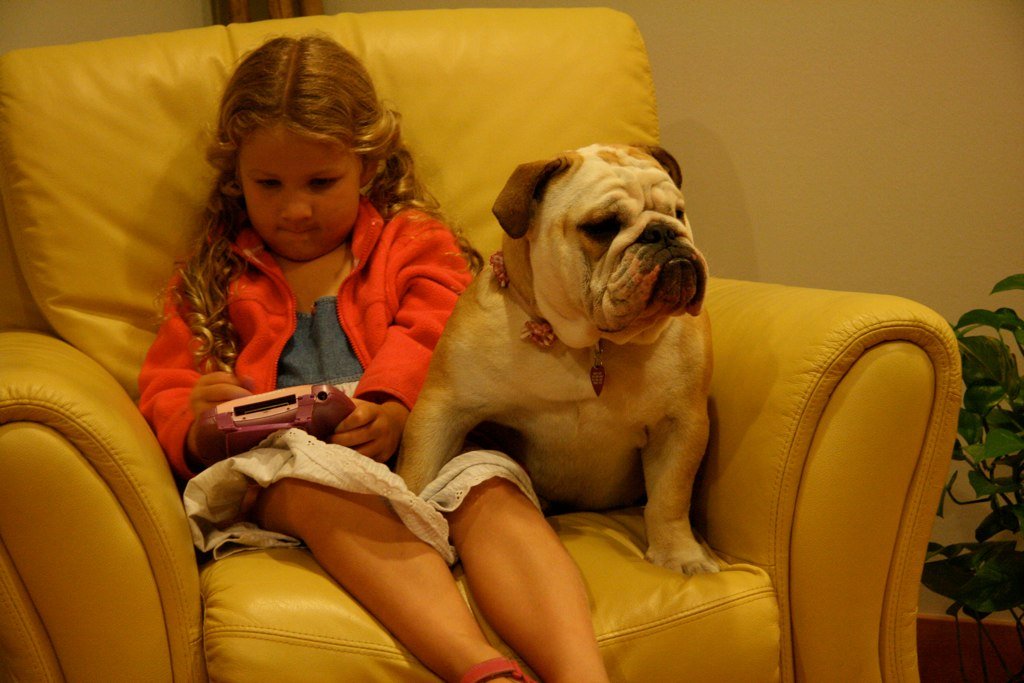Ever had those days when your dog looks at you with soulful eyes, then promptly ignores every word you say? You’re not alone. Some breeds just have a stubborn streak that shines through, even after hours with the best trainers. It’s not about them being “bad” or “untrainable”—it’s just their quirky personalities, independence, or sheer curiosity taking the wheel. Let’s take a heartwarming, honest look at ten lovable dogs who march to the beat of their own drum, and what you can do to keep your sanity (and theirs) intact.
Afghan Hound: The Glamorous Rebel
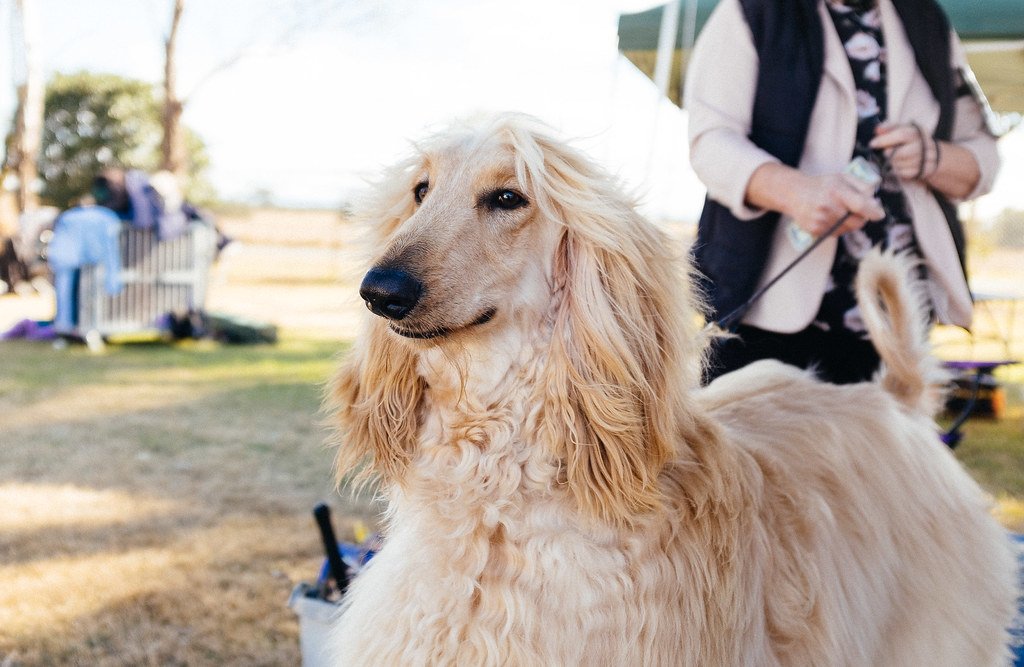
Afghan Hounds are famous for their elegance but, oh boy, do they know it! These dogs have a regal air and a mind of their own, often treating commands as polite suggestions rather than rules. Owners sometimes joke that an Afghan Hound will only obey if it benefits them or simply suits their mood.
If you notice your Afghan Hound staring off into the distance while you call their name, it’s not personal—it’s just their independent spirit. Their aloofness can be mistaken for stubbornness, but patience and positive reinforcement, along with short, varied training sessions, help keep them engaged.
Basenji: The Barkless, Boundary-Pushing Adventurer
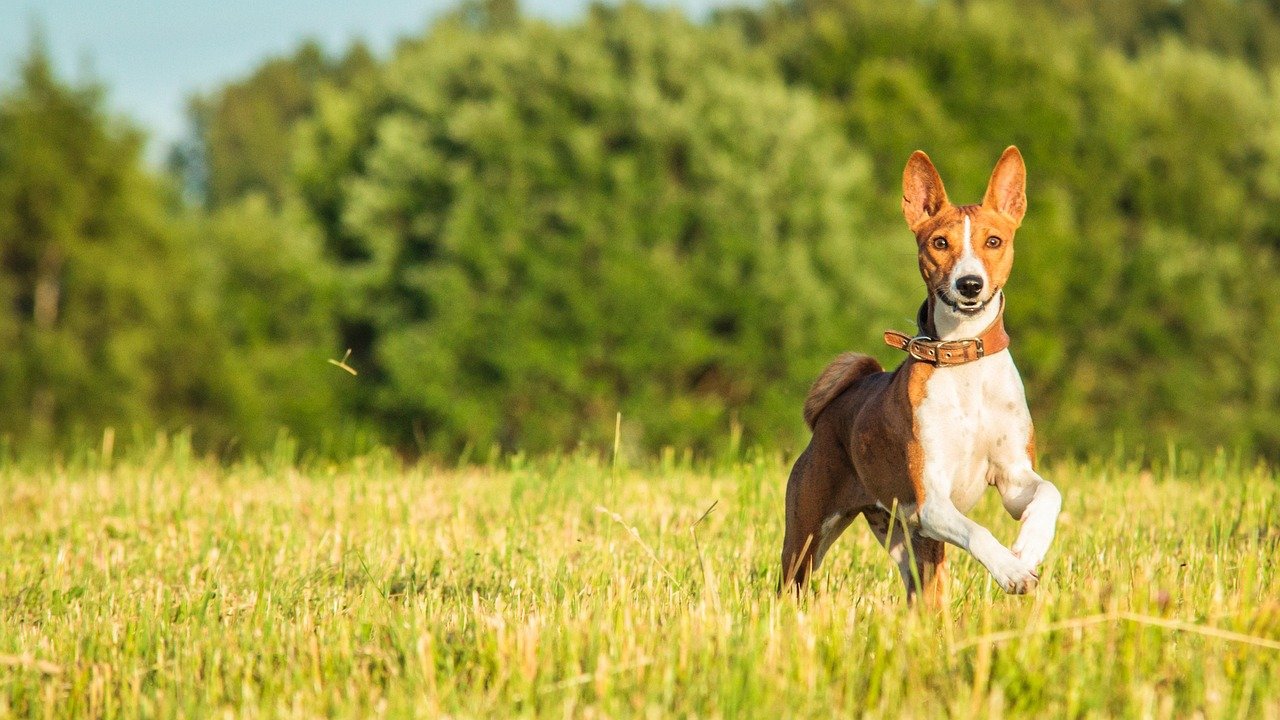
Known as the “barkless dog,” Basenjis make up for their quietness with a zest for mischief. They’re clever, inquisitive, and often act more like cats—choosing when and how to listen. Even seasoned trainers find Basenjis challenging because these dogs are always thinking two steps ahead.
A Basenji might ignore a command simply because they’re busy investigating a new scent or plotting their next escape. It’s not about disrespect, but about a strong prey drive and curiosity. Secure fences, mentally stimulating games, and lots of encouragement go a long way with these little adventurers.
Bulldog: The Lovable Couch Potato With a Mind of Their Own
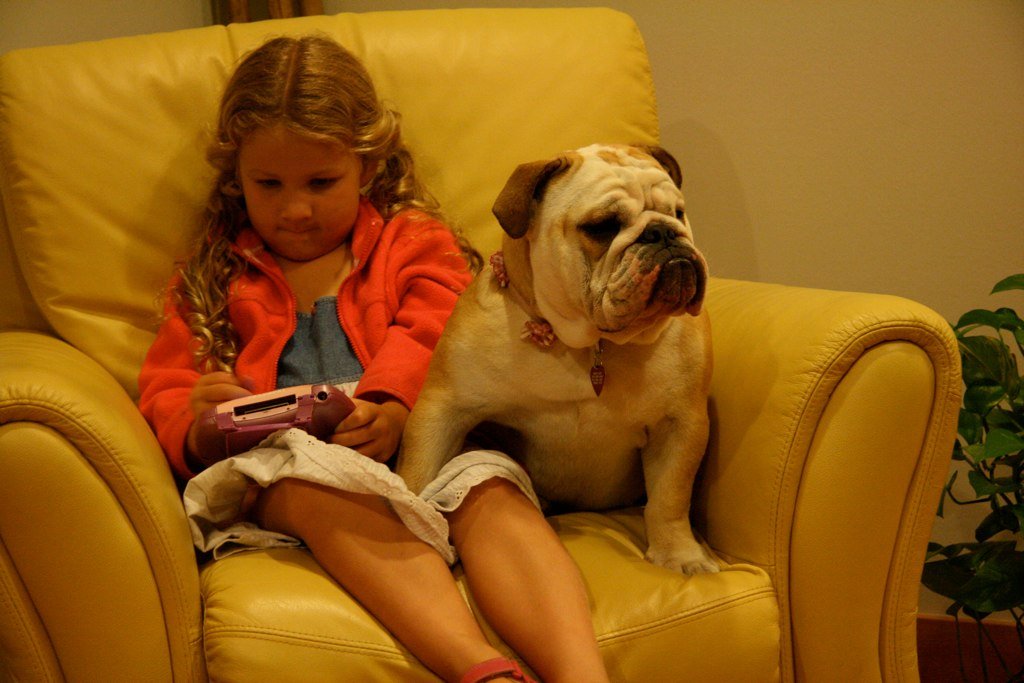
Bulldogs are all heart, but they’re also experts at pretending not to hear you—especially if it involves getting off the couch. Their stubborn streak is legendary, often leading owners to wonder if their dog truly understands commands or just doesn’t care.
Despite their laid-back nature, Bulldogs do respond to patience and treats. Short, fun training sessions—never harsh or rushed—work best. If your Bulldog plops down mid-walk and refuses to budge, try coaxing them with positive energy rather than frustration.
Chow Chow: The Fiercely Independent Fluff

Chow Chows are stunning, lion-like dogs with an independent streak that can rival any cat. They’re known for being reserved and sometimes aloof with everyone—even family members. Training a Chow Chow can be an exercise in humility; they often act like they’re doing you a favor by obeying.
If your Chow Chow seems indifferent during training, it’s not a lack of intelligence—they’re simply selective about their attention. Consistency, early socialization, and calm, confident leadership help build trust and encourage cooperation.
Dachshund: The Determined Digging Dynamo

Don’t let their small size fool you—Dachshunds are fierce, determined little dogs with a stubborn streak as long as their bodies. Bred to hunt badgers, they have a single-minded focus that sometimes means ignoring commands in favor of whatever catches their nose.
Owners often find their Dachshunds tunneling under fences or fixating on a scent during walks. Training should be firm but gentle, with lots of patience and tasty rewards. Keeping sessions short and interesting helps prevent boredom and improves success.
Jack Russell Terrier: The Energizer Bunny With Selective Hearing
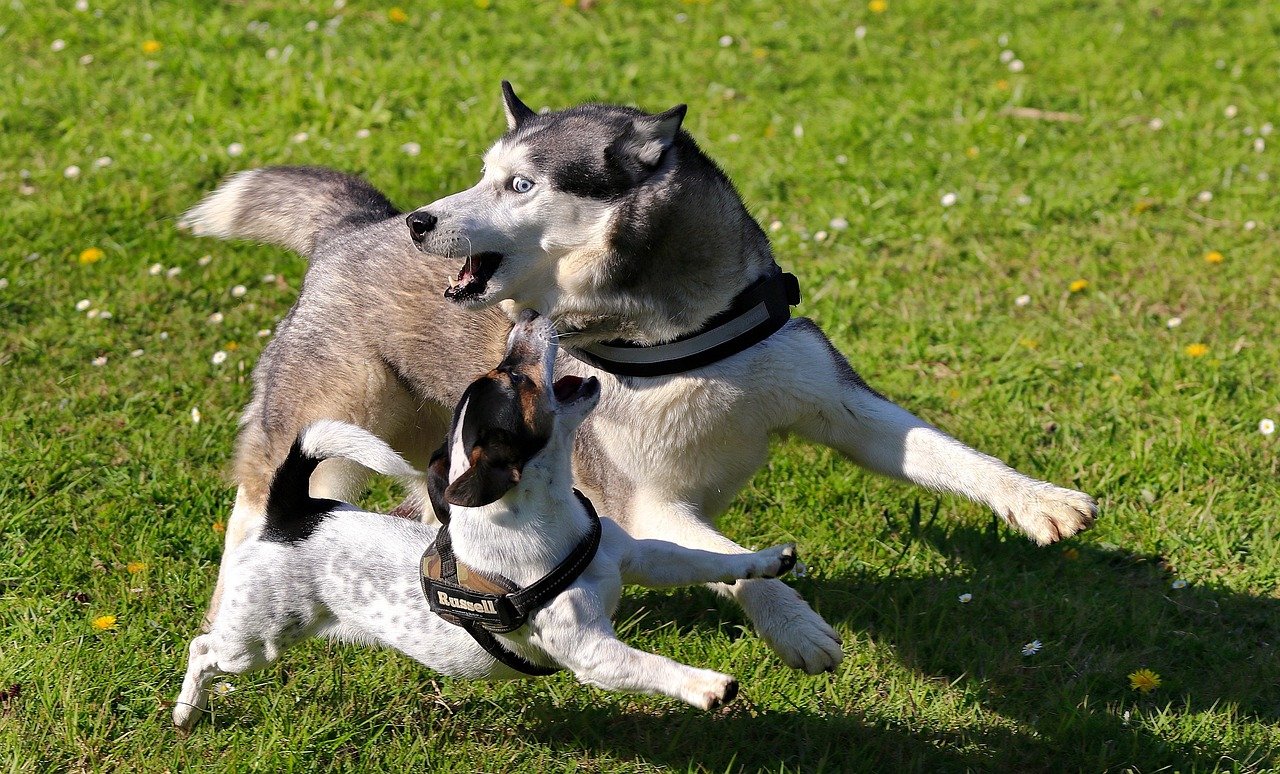
Jack Russells are famous for their boundless energy and quick wit. However, their intelligence comes with a penchant for mischief and a tendency to “tune out” commands when they’re on the trail of something interesting.
If your Jack Russell seems to forget their name outdoors, you’re not alone. Channel their energy into agility, games, and scent work to keep them mentally satisfied. Clear boundaries, early training, and lots of praise make a world of difference.
Siberian Husky: The Escape Artist Extraordinaire
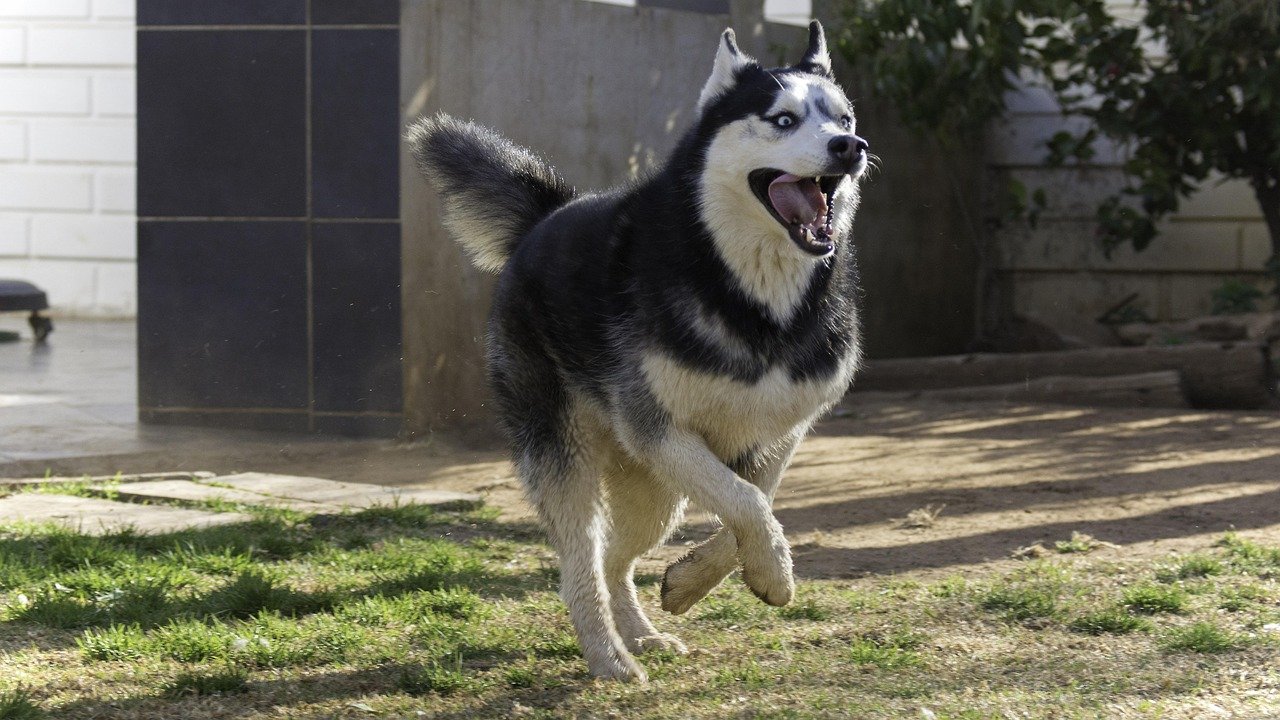
Siberian Huskies are breathtakingly beautiful and endlessly entertaining, but they are also infamous for their stubborn streak. These dogs are independent thinkers, bred to work with little human direction, which means they often question commands—or ignore them altogether.
A Husky’s love for adventure can lead to creative escapes and selective listening, especially if they’re bored. Strong leadership, engaging activities, and secure environments help manage their rebellious tendencies. Don’t be surprised if your Husky looks at you, winks, and takes off running.
Beagle: The Nose That Knows Best

Beagles are sweet, affectionate, and driven by their incredible sense of smell. Once a Beagle picks up a scent, the rest of the world fades away—including you and your carefully taught commands.
Training a Beagle requires patience and creativity, as their curiosity can override even the best treats. Using scent-based games and keeping sessions upbeat helps harness their instincts in positive ways. Always keep an eye out for signs of distraction, like nose-to-the-ground sniffing or sudden darting.
Shiba Inu: The Foxy Trickster
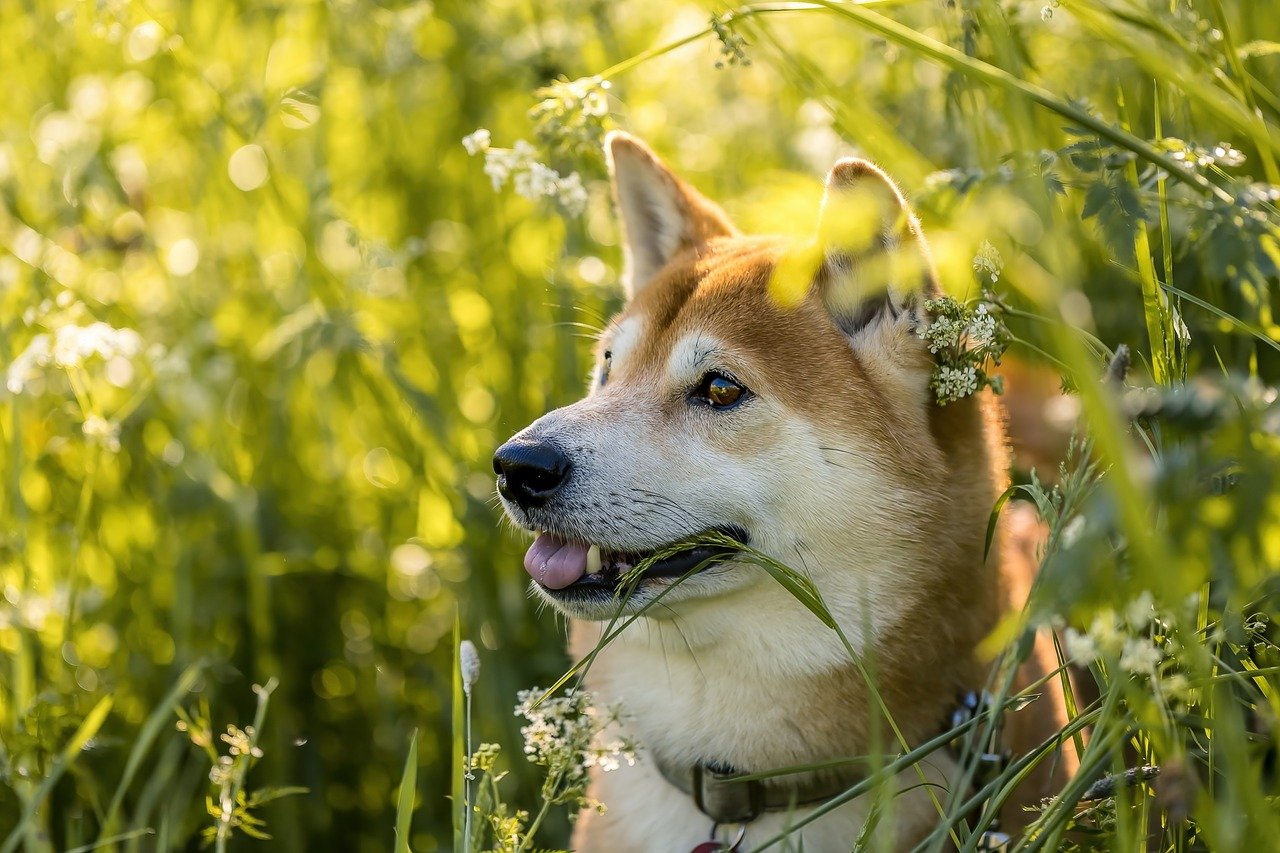
Shiba Inus are clever, quick, and have a reputation for outsmarting even experienced dog owners. Their independent streak means they like to test boundaries and often decide for themselves when to listen.
Owners of Shibas quickly learn the importance of early socialization and strong, positive relationships. If your Shiba gives you the infamous “Shiba scream” or ignores a recall, don’t take it personally—it’s just part of their charm. Consistency, gentle guidance, and lots of rewards help channel their independence.
Scottish Terrier: The Dignified, Determined Individualist

Scottish Terriers, or “Scotties,” are dignified little dogs with a strong will. They were bred to think for themselves, and sometimes this means turning a deaf ear to commands, especially if they sense uncertainty or inconsistency.
Scotties respond best to calm, confident leadership and gentle correction. Watch for signs of stubbornness, like digging in their heels or focusing on something else. Respect their need for independence, but stay patient—your steady presence will eventually win them over.

